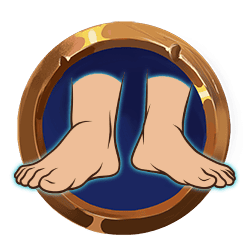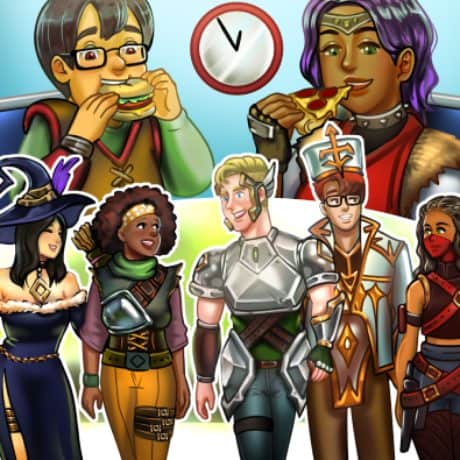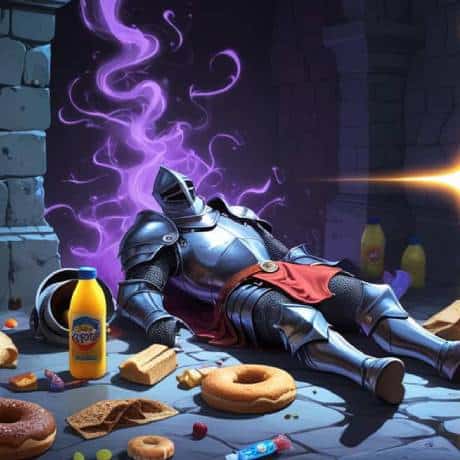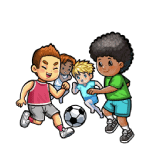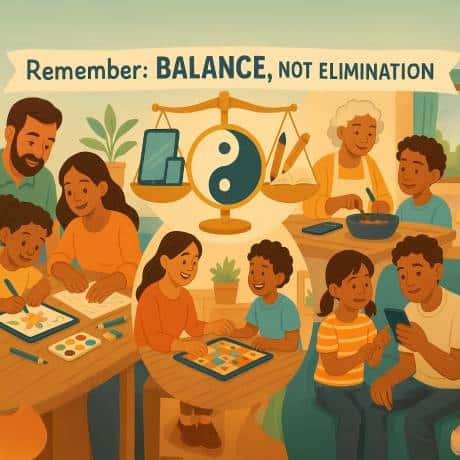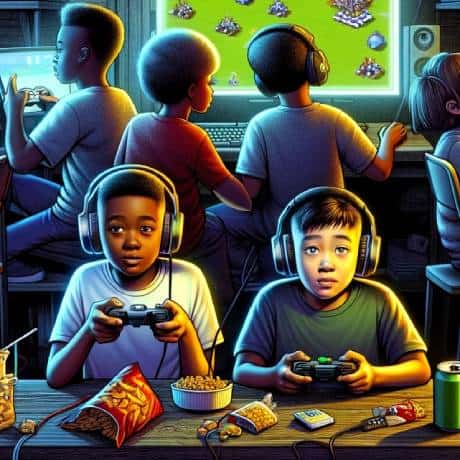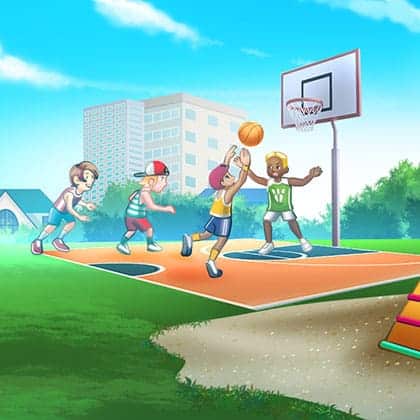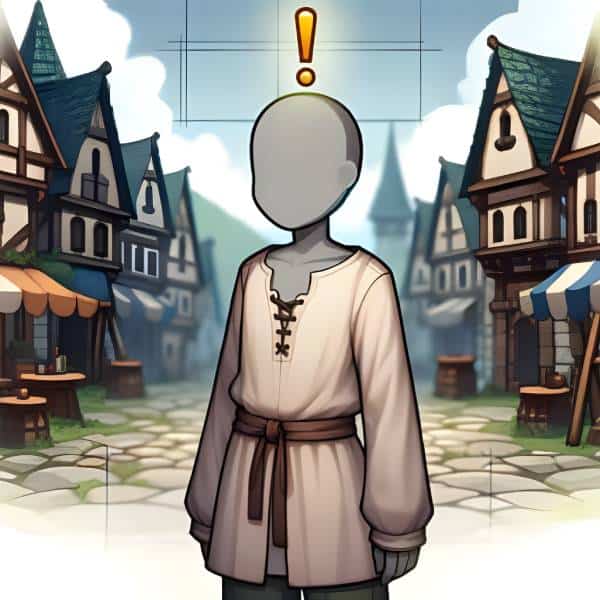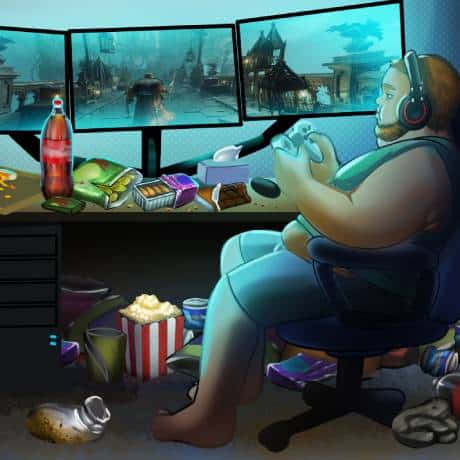How to Quit Gaming Addiction?
Author:
 |
Lionel Thomas Father, Gamer and Founder with a Passion for Health, AI, Environment and Gamification of Life. |
Author Tools:
- ChatGPT (Content Enhancements & Research)
- GSpeech (Audio by AI)
- Other Tools (AI)...
Artists:
References:
-
Gaming Addiction Report 2022
Delamere
https://delamere.com/blog/gaming-addicti...
Summary:
The 2022 Gaming Addiction Report highlights that 3-4% of worldwide gamers exhibit addiction, recently classified by the WHO as a mental health disorder, suggesting that up to 60 million people could be suffering from it. The study analyzed game addiction across different age groups and most addictive games in the UK, finding that Rocket League was considered the most addictive, while MOBA and Social Simulation games were the most addictive genres. A crucial discovery is that 25-34-year-olds are the most susceptible to gaming addiction, challenging the stereotype that younger people are more prone to this disorder. The study suggests holistic approaches, such as Cognitive Behavioural Therapy, to address addiction and underscores the importance of recognizing the symptoms of gaming addiction.
Cognitive Behavioral Therapy (CBT) is a form of psychotherapy that focuses on the connection between thoughts, emotions, and behaviors. It is a practical, problem-solving approach that aims to help individuals identify and modify negative or unhelpful thought patterns and behaviors in order to improve their emotional well-being.
Note: It is important to note that while CBT can be highly beneficial, yet it may not be suitable for everyone. It is recommended to consult with a qualified mental health professional to determine the best course of treatment for your specific needs.
-
The Association Between Mobile Game Addiction and Depression, Social Anxiety, and Loneliness
Frontiers in Public Health
https://www.frontiersin.org/articles/10....
Summary:
The study explores the association between mobile game addiction and mental health outcomes such as depression, social anxiety, and loneliness among adolescents. It was found that mobile game addiction was positively associated with these mental health issues. Specifically, male adolescents reported more social anxiety in relation to addictive mobile game use. Mobile games, characterized by portability, immediacy, and accessibility, may increase the risk of addictive behaviors and consequently, more severe mental health problems. Prior studies often treated social anxiety, depression, and loneliness as risk factors for internet addiction, while this study examines the potential for these issues to be effects of internet addiction as well. The study also notes the need to consider gender differences in mobile game addiction and associated mental health problems. The data for this study was collected from students in the seventh, eighth, and ninth grades of a junior high school in Guizhou Province, China.
-
Gaming addiction, problematic gaming and engaged gaming – Prevalence and associated characteristics
National Library of Medicin
https://www.ncbi.nlm.nih.gov/pmc/article...
Summary:
Gaming disorder, recognized in the 11th revision of the International Classification of Diseases (ICD 11) and the Diagnostic and Statistical Manual of Mental Disorders (DSM-5), has been studied in the context of prevalence, demographic features, and psychological correlations. In a survey-based research study conducted in 2017 involving 2075 participants, it was found that 4.5% were highly engaged gamers, 5.3% were problem gamers, and 1.2% met the criteria for game addiction. Young age, hours spent chatting on the internet or social media, loneliness, and inclination towards seeking psychological treatment were common factors across all gaming categories, with the male gender more prone to problematic and addictive gaming. The study underscores that both highly engaged gamers and those with gaming disorders tend to experience higher levels of loneliness and psychological distress compared to non-problematic gamers, indicating a need for further research, especially longitudinal studies, to understand the causality and implications better.
-
Treatments for Internet gaming disorder and Internet addiction: A systematic review.
APA PsycNet
https://psycnet.apa.org/doiLanding?doi=1...
Zajac, K., Ginley, M. K., Chang, R., & Petry, N. M. (2017). Treatments for Internet gaming disorder and Internet addiction: A systematic review. Psychology of Addictive Behaviors, 31(8), 979–994.
-
Treatment of Internet gaming disorder: An international systematic review and CONSORT evaluation
ScienceDirect
https://www.sciencedirect.com/science/ar...
Daniel L. King, Paul H. Delfabbro, Anise M.S. Wu, Young Yim Doh, Daria J. Kuss, Ståle Pallesen, Rune Mentzoni, Natacha Carragher, Hiroshi Sakuma. Version of Record 28 April 201


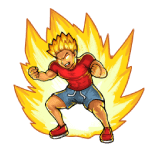
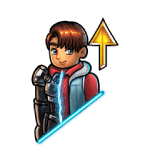
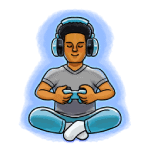
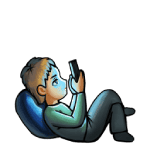


 Snacks
Snacks Water
Water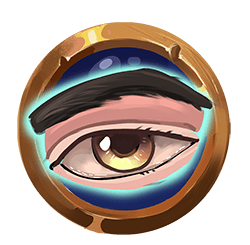 Eye Sight
Eye Sight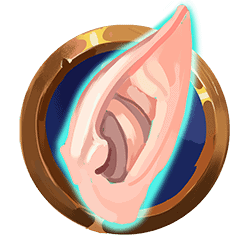 Hearing
Hearing